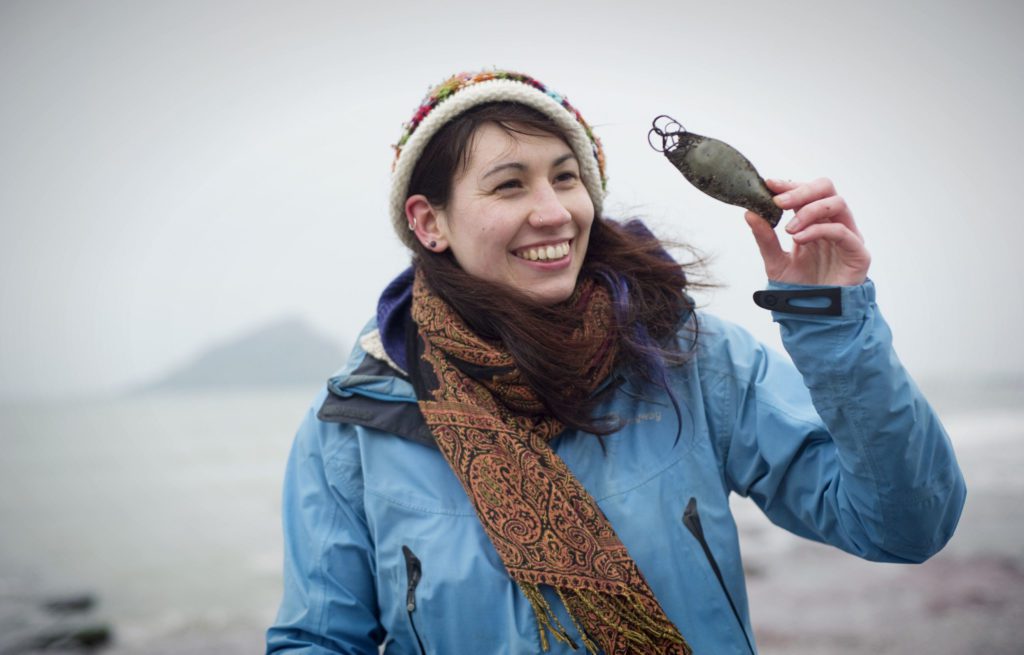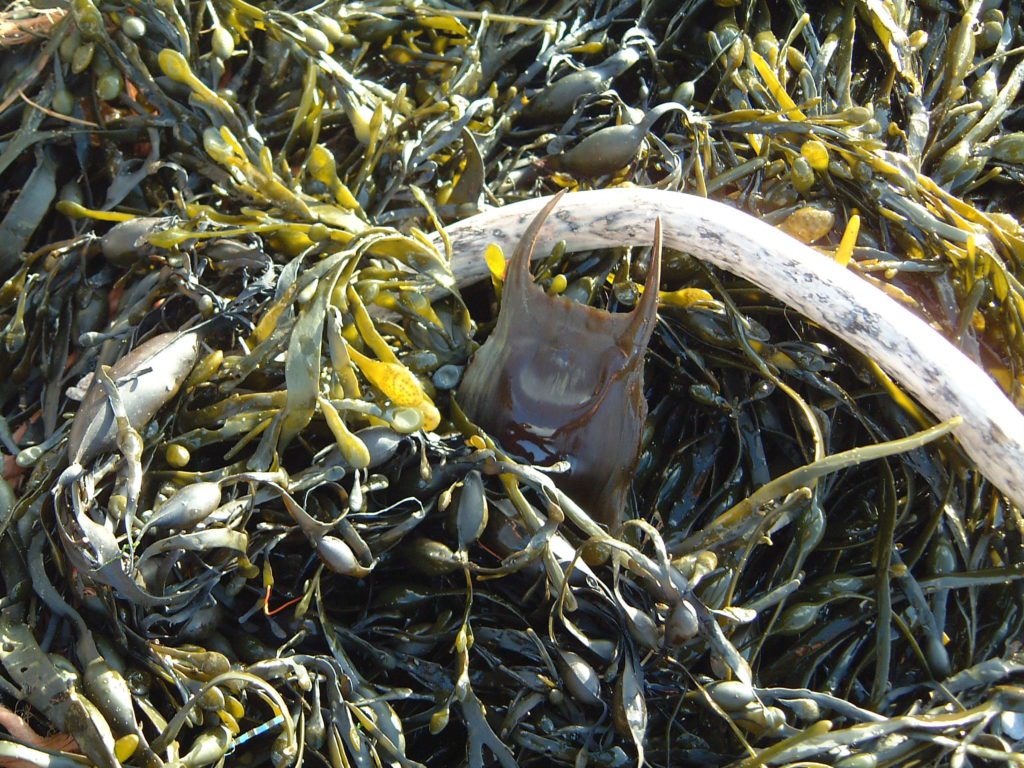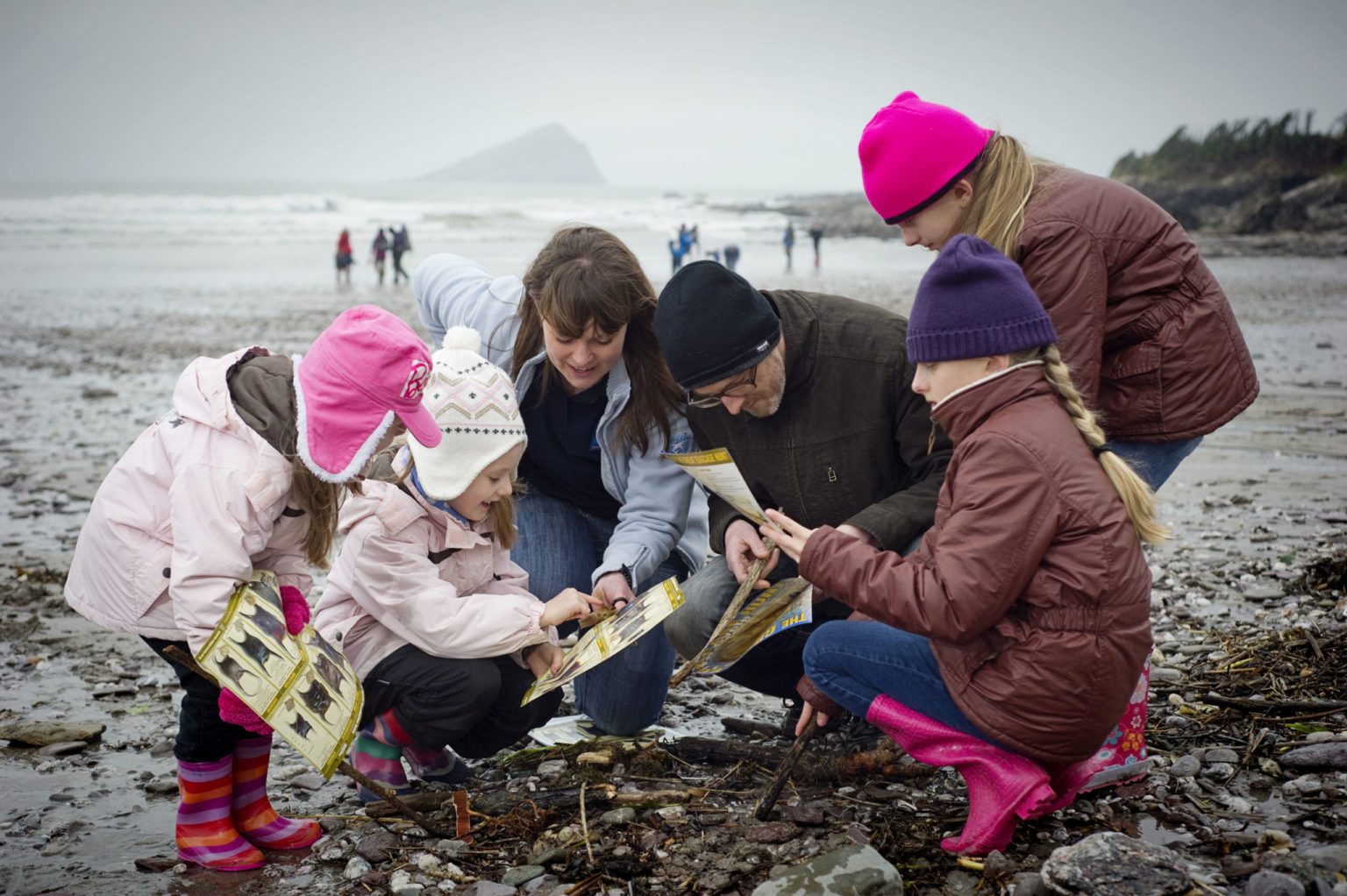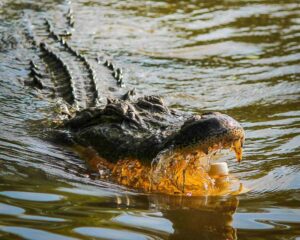Stuck for ideas on what to do over the Easter Holidays? Want to get outside and do something fun to work off all that pent-up energy from eating too much chocolate? The Shark Trust has an Easter Egg Hunt with a difference for you to try – the Great Eggcase Hunt.
Take part in the Great Eggcase Hunt and get involved with a citizen-science project that helps shark, ray and skate conservation – and it’s an enjoyable activity for all the family.
Senior Conservation Officer Cat Gordon says: “The Shark Trust launched the Great Eggcase Hunt back in 2003, when a chance find on a Devon beach sparked the idea. Since then, over 300,000 eggcase records have been sent in from all around the UK and even further afield. New finds from around the world are regularly being added to an ever-growing database.

“The project now has an impressive 43 species recorded from 29 countries. All this information helps us better understand species presence and diversity – it’s also a great way to get involved in shark conservation, and of course, it’s fun!”
So, what is an eggcase? Some sharks, and all true skates, reproduce by laying eggs. These are surrounded by a tough leathery capsule that protects the embryo as it develops inside. Small slits in the eggcase allow fresh oxygenated seawater in, and let waste out, while a yolk sac provides plenty of nutrition. After several months (although this will vary depending on species), they are ready to hatch. The top of the eggcase will open and a fully formed shark or skate will emerge and be completely independent, having to fend for itself. Once empty, the eggcases (or mermaid’s purses) often wash up on the beach.
You don’t need to be part of an organised event to join in with an eggcase hunt (although check to see if there is one running near you!). All you need to do, is head to your nearest beach and take a look around to see what you can find. The best places to search are in the strandline where seaweed and debris washes up, and in sand dunes at the back of the beach as they often get trapped in the grass.

The eggcases of different species vary. So, once you’ve found an eggcase, look at the size, shape, and features to identify which species it belongs to – the Shark Trust has developed identification resources to help you figure it out! Once you’ve got the answer, head over to the Shark Trust’s Recording Hub where you can submit your finds.
Paul Cox, Shark Trust MD, said: “In our 25th Anniversary year, we can look back at the many things that we've achieved with our partners and supporters over the years. The Great Eggcase Hunt is one of our defining projects. Thousands of people have joined in the hunt over the years and the project goes from strength to strength – it's fun, easy and a great way to learn about local sharks.“
The Shark Trust also want snorkellers and divers to record their underwater eggcase findings. Underwater records help pinpoint exactly where sharks and skates are laying their eggs and can help link to beach records. Learning the depth and substrate that they lay on also helps better understand the species.
The Great Eggcase Hunt makes for a fantastic family day out at the beach, so get involved with shark conservation and have fun too!

Photo credit: SG Haywood Photography








